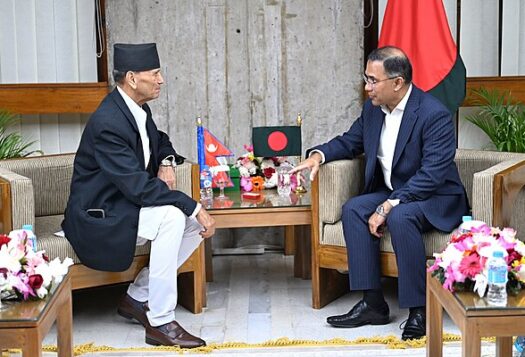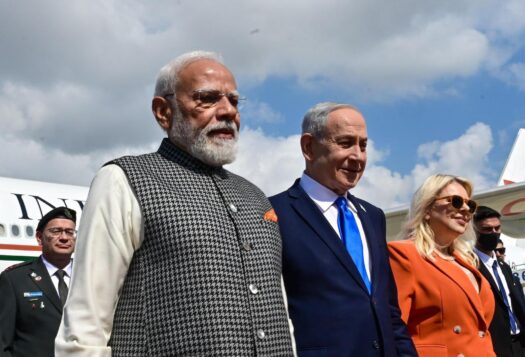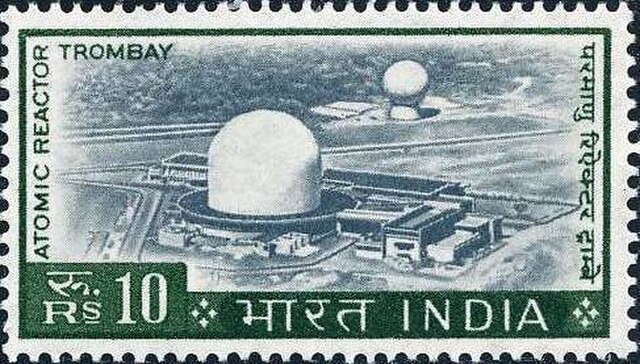
Check out our series on the cybersecurity threats, laws, and norms in South Asia.
In our latest series, SAV experts grapple with the recent political upheaval in Nepal, which raised a number of critical questions: what drove the outpouring of mass frustration that toppled the government? How can the interim government—and the country as a whole—navigate the fraught political moment to hold legitimate, inclusive elections? Most importantly, what is required to address the concerns of Nepalis, implement lasting reforms, and deliver enduring stability and prosperity to the Himalayan nation? Explores answers to these questions below!
Read our series on Nepal's crisisMost Recent
 Geopolitics & Diplomacy
Geopolitics & Diplomacy
Bangladesh First? The Choices Defining Tarique Rahman’s Foreign Policy
On February 12, 2026, Bangladesh held its first election after…

SAV Collection: South and West Asia
From the May conflict between India and Pakistan to the political revolution in Nepal and the devastating cyclone in Sri Lanka, the region witnessed major developments in security, economics, and politics.
 Hindi & Urdu
Hindi & Urdu
भारत-यूरोपीय संघ रक्षा समझौता: औद्योगिक तर्क और रणनीतिक संदर्भ
कई महीनों के वार्तालाप के उपरांत, भारत और यूरोपियन संघ…
 Hindi & Urdu
Hindi & Urdu
پاکستان کی تہدیدی افغان سفارت کاری: ناکامی کی طرف گامزن؟
فوجی طاقت کا بطور آلۂ کار استعمال یا اسے استعمال…

Tariffs, Trust, and Transparency: Why Clarity Will Shape the India–US Trade Moment
After months of speculation, debate, and concern, India and the…
 Hindi & Urdu
Hindi & Urdu
जवाबदेही के बिना व्यवस्था: क्षेत्रीय स्थिरता पर पाकिस्तान के 27 वें संशोधन के निहितार्थ
पाकिस्तान की राष्ट्रीय विधायिका ने 12 नवंबर, 2025 को, विरोध प्रदर्शनों…
 Domestic Politics
Domestic Politics
SAV Q&A with Muhib Rahman: Unpacking the Bangladesh Elections
On February 12, Bangladesh held elections for the first time…
 Hindi & Urdu
Hindi & Urdu
تہران میں ہلچل: پاکستان کے لیے تزویراتی خدشات کا تجزیہ
ایران میں حالیہ احتجاجی لہر نے تہران کے حکام میں…



